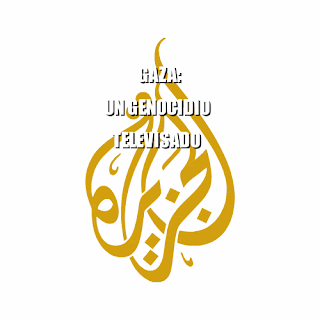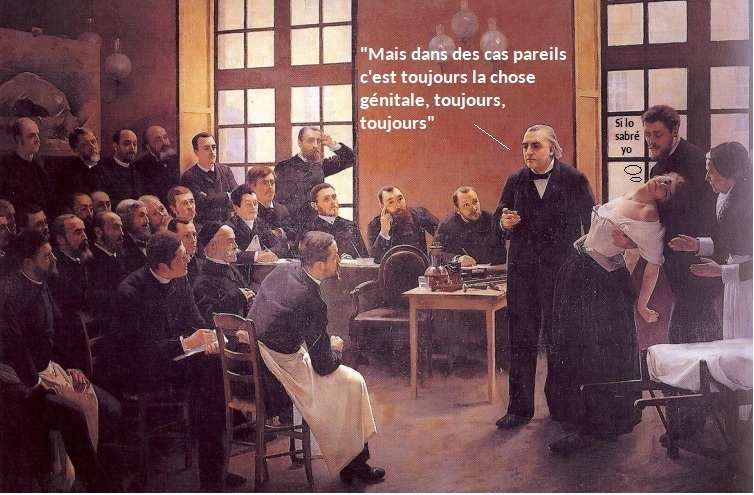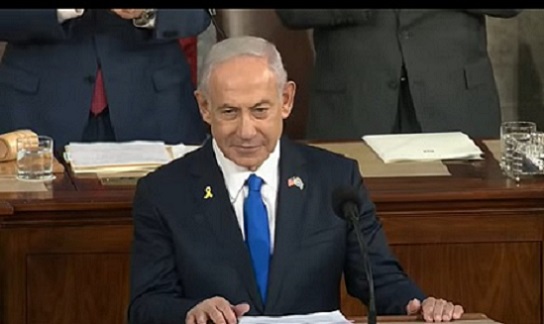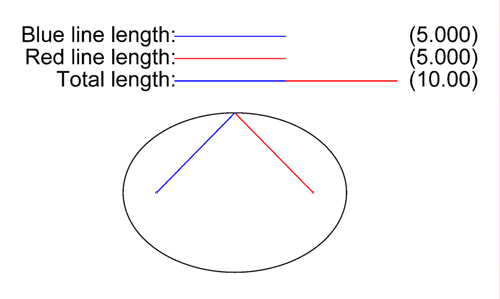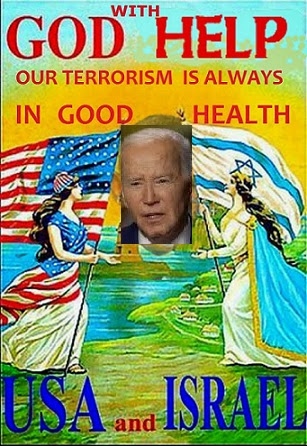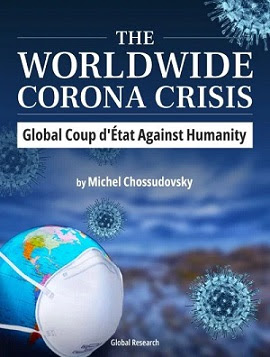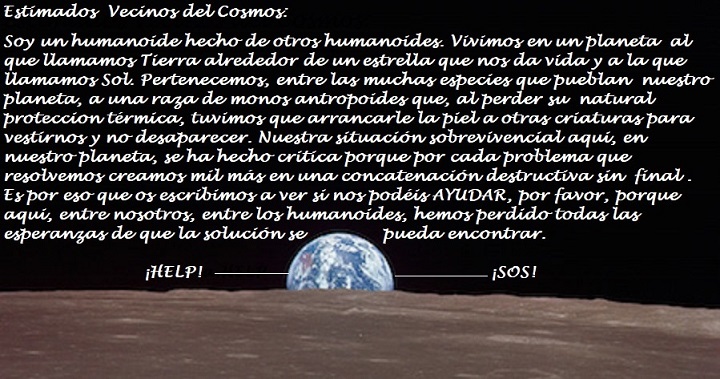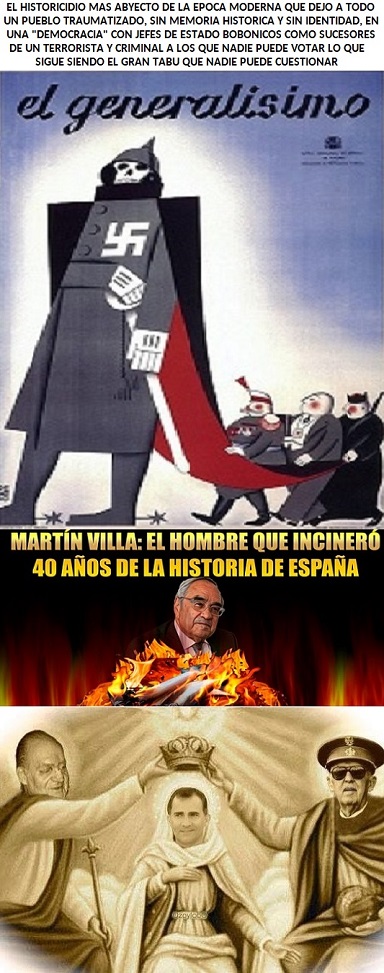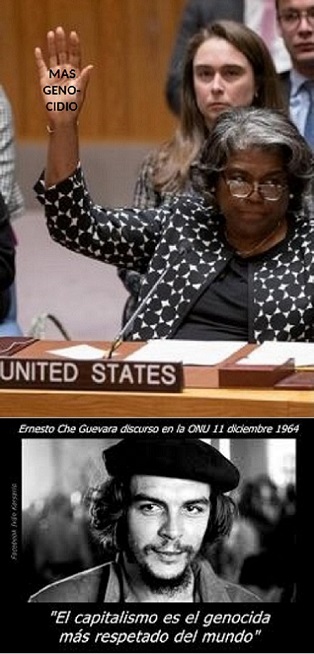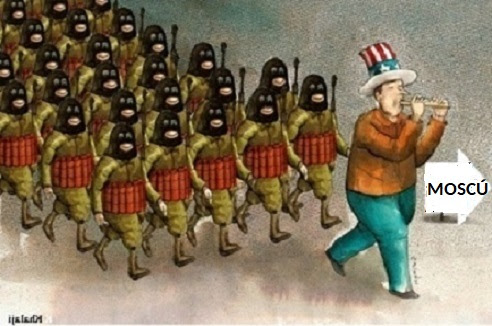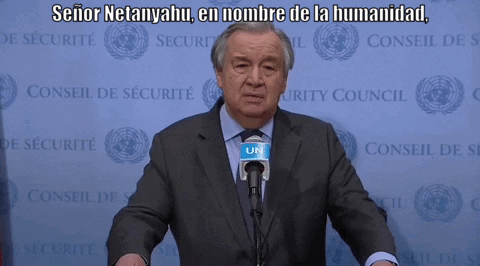By LAWRENCE S. WITTNER
Despite the vast rivers of blood and treasure poured into wars over the centuries, the nations of the world continue to enhance their military might.
According to a recent report from the prestigious Stockholm International Peace Research Institute (SIPRI), world military expenditures grew to a record $1.63 trillion (1.630.000.000.000) --A-- in 2010. Middle East nations alone spent $111 billion on the military, with Saudi Arabia leading the way.
Arms sales have also reached record heights. SIPRI's Top 100 of the world's arms-producing companies sold $401 billion in weaponry during 2009 (the latest year for which figures are available), a real dollar increase of eight percent over the preceding year and 59 percent since 2002.
These military companies do a particularly brisk business overseas, where they engage in fierce battles for weapons contracts. "There is intense competition between suppliers for big-ticket deals in Asia, the Middle East, North Africa and Latin America," reports Dr. Paul Holtom, Director of the SIPRI Arms Transfers Program. Until recently, in fact, defense contractors scrambled vigorously to sell arms to Libya.
In numerous ways, the United States is at the head of the pack. Of the $20.6 billion increase in world military expenditures during 2010, the U.S. government accounted for $19.6 billion.
Indeed, between 2001 and 2010, the U.S. government increased its military spending by 81 percent.
As a result, it now accounts for about 43 percent of global military spending, some six times that of its nearest military rival, China.
U.S. weapons producers are also world leaders. According to SIPRI, 45 of its Top 100 weapons-manufacturers are based in the United States.
In 2009, they generated nearly $247 billion in weapons sales—nearly 62 percent of income produced by the Top 100.
Not surprisingly, the United States is also the world's leading exporter of military equipment, accounting for 30 percent of global arms exports in the 2006-2010 period.
(.....)
Dr. Lawrence S. Wittner is Professor of History at the State University of New York/Albany. His latest book is Confronting the Bomb: A Short History of the World Nuclear Disarmament Movement (Stanford University Press).
--A--
Un billon = 1000.000.000 Mil millones
Un trillon = 1000.000.000.000 Un millon de millones.
====================
Las armas es un gran negocio en el mercado capitalista, si.
Pero tambien representan una gran necesidad del sistema para su sobrevivencia y reproducción,
y definen su fragilidad.
Las armas estan destinadas a impedir que ocurra lo que no debe ocurrir para que lo que lo que pasa pueda pasar.





























































































































